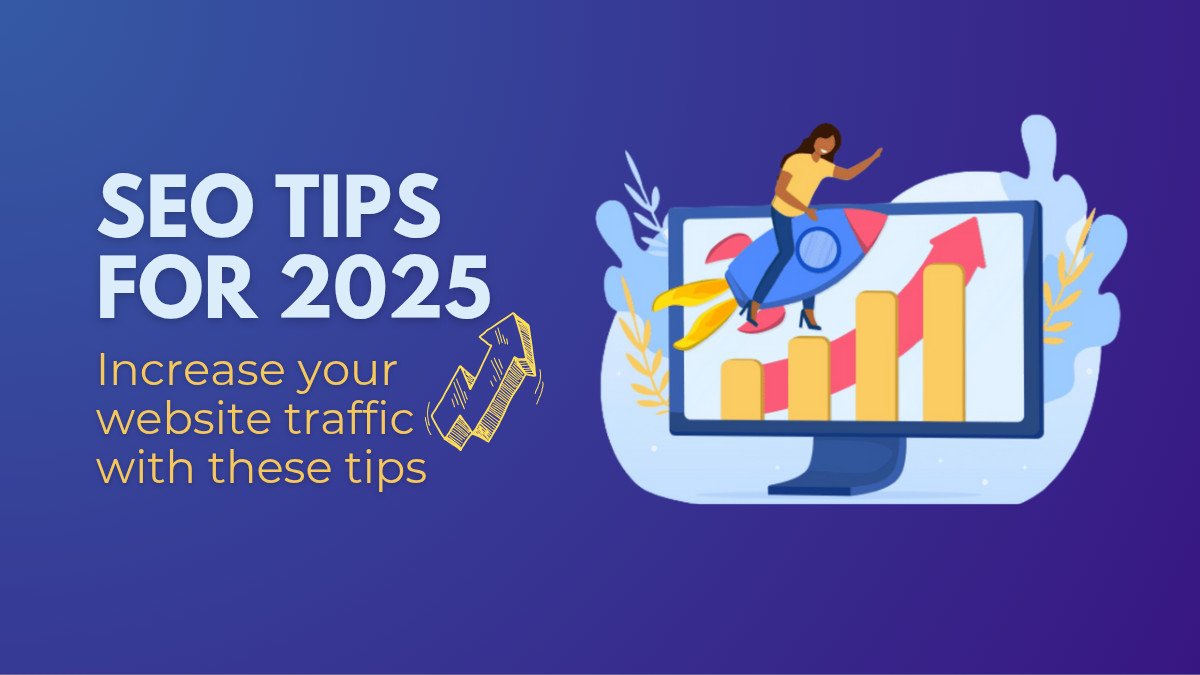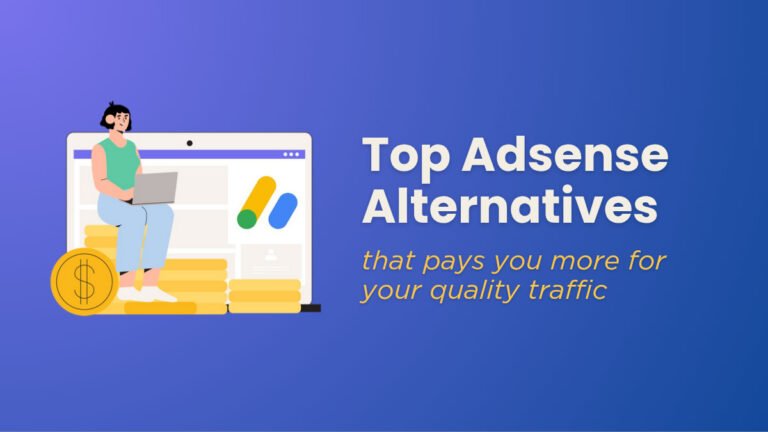Want more visitors on your website in 2025? You’re not alone. With more websites popping up every day, SEO has become even more important.
Google’s search system is smarter now. It looks at more than just keywords — it checks speed, quality, and how helpful your content is.
In this post, you’ll find 10 simple and effective SEO tips that actually work in 2025. Whether you’re a business owner or a blogger, these tips will help your site rank better.
1. Don’t Ignore Traditional SEO
Even though AI is everywhere now, the basics of SEO still matter. Traditional SEO gives your website structure and helps search engines understand your content clearly and correctly.
Even in 2025, you must focus on three parts of traditional SEO:
- On-page SEO: Add keywords in the title, meta description, headings, and text. Use words that your customers are searching for.
- Technical SEO: Make sure your website loads fast, works on all devices, has no broken links, and uses proper HTML tags like H1 and H2.
- Off-page SEO: Get links from trusted sites. Also, list your site in business directories like IndiaMart or niche forums in your industry.
Once your basics are strong, you can add advanced SEO methods like AI or automation later.
2. Make Your Website Mobile-Friendly
Most users today use phones to search. If your website doesn’t work well on a mobile screen, you’ll lose visitors and your ranking will also drop.
To fix this:
- Use Google PageSpeed Insights to test your site’s mobile performance.
- Check your site on different phones and screen sizes.
- Ask your developer to make the layout responsive. Buttons, text, and images should all look good and work properly on small screens.
Mobile-first design is no longer a bonus — it’s a must-have.
3. Improve Core Web Vitals
Google now uses Core Web Vitals to measure how smooth your site feels to users. These signals help decide where your site appears in search results.
There are three main metrics:
- LCP (Largest Contentful Paint): Time taken for the biggest part of your page to load. Aim for under 2.5 seconds.
- INP (Interaction to Next Paint): Time taken for the site to respond after a user clicks or taps. Keep it under 200ms.
- CLS (Cumulative Layout Shift): How much the page layout moves during load. Avoid shifting content or ads.
Use tools like Google PageSpeed Insights and Lighthouse to track and fix these.
4. Use Conversational and Long-Tail Keywords
People now search using full questions or natural phrases. This means you should start using long and conversational keywords on your pages.
For example, instead of just “best school in Chennai,” try:
- “Which is the best CBSE school in Chennai for Class 11?”
- “Is ABC International School good for science stream?”
These long-tail keywords help your page show up in voice search, AI-generated answers, and featured results.
You can use free tools like AnswerThePublic or Ubersuggest to find such phrases.
5. Create High-Quality, Human-Written Content
Search engines still want content that is real, helpful, and written for humans — not just for ranking. AI can help, but it can’t replace real experience.
Good content shows:
- Experience: Share examples, stories, or lessons from your work.
- Expertise: Use facts, stats, and correct information.
- Authority: Link to known sources or show certifications.
- Trust: Use your real name, contact info, and update your content regularly.
This builds E-E-A-T and helps search engines trust your site more.
6. Use Internal Links
Internal linking helps Google understand your website and helps users move from one page to another. It also boosts SEO by spreading page authority.
Here’s how to do it:
- Link blog posts to related service or product pages.
- Add links to older posts from your new posts.
- Use clear anchor text like “check our pricing plans” instead of just “click here.”
More internal links mean more chances for users to stay on your site longer.
7. Optimize for Featured Snippets and Zero-Click Searches
Many times, people find answers directly on Google without clicking a link. If your page gives quick and clear answers, it can show up in that spot.
To improve your chances:
- Add an FAQ section to important pages.
- Write direct answers to common questions.
- Use headings (like H2 or H3) and bullet points to keep things clean and easy to read.
These small changes can help you get that top spot in search results.
8. Strengthen Your Local SEO
If you serve a local area, local SEO helps your site show up when people nearby search for your services. It also helps in Google Maps.
Here’s what to do:
- Set up or update your Google Business Profile.
- Ask happy clients to leave reviews.
- Add your business to local sites like Sulekha, JustDial, or your city’s business directory.
- Use local keywords like “digital marketing agency in Malviya Nagar” or “pet shop near MG Road.”
Local SEO brings real, nearby customers to your business.
9. Keep Your Website Content Updated
A fresh website tells Google that your business is active. Outdated content can hurt your rankings, even if it was ranking well before.
Make a habit of:
- Updating old blog posts with new info or stats.
- Adding new blog posts, case studies, or FAQs.
- Removing or fixing broken links, images, or outdated text.
Even one update per month can keep your site fresh in Google’s eyes.
10. Track Performance and Keep Improving
You can’t improve what you don’t track. Watching how your site performs will help you know what’s working and what needs fixing.
Use these tools:
- Google Analytics: To see how people behave on your website.
- Google Search Console: To track clicks, rankings, and fix issues.
- PageSpeed Insights: To test speed and user experience.
Check your data at least once a month. Small changes based on real data can lead to big improvements over time.
Final Thoughts
SEO in 2025 is not about tricks — it’s about giving users a fast, helpful, and smooth experience. Start with the basics, use smart tools, and stay consistent.
Your website doesn’t have to be perfect on day one. But if you follow these tips, track your progress, and keep learning, your traffic will grow.
Now’s the best time to improve your SEO. The sooner you start, the faster you’ll see results




